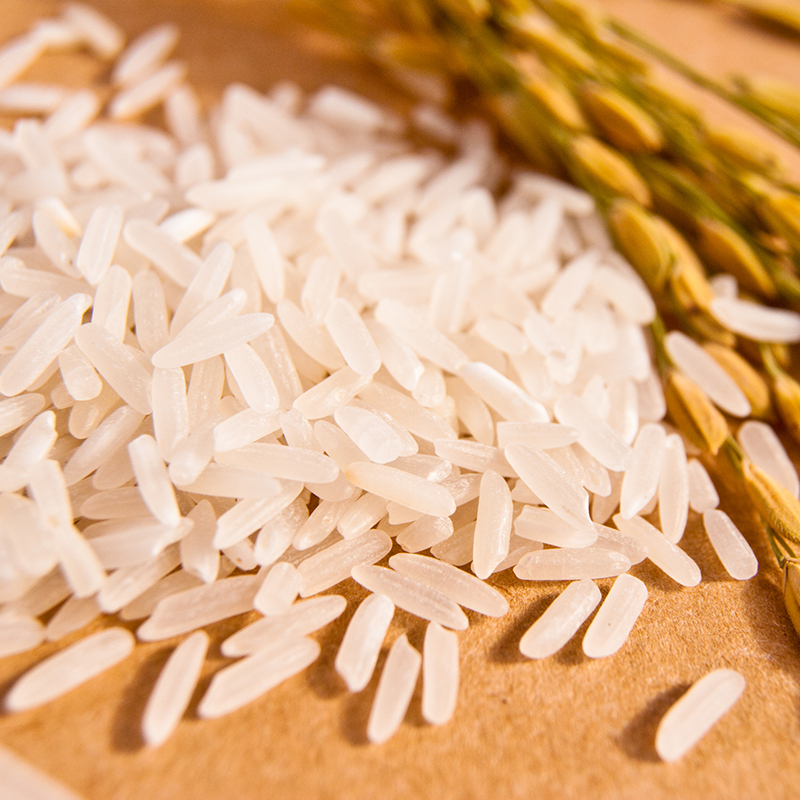
 CONTACT
CONTACT
- Linkman:Linda Yao
- Tel: +8618231198596
- Email:linda.yao@dcpharma.cn
- Linkman:CHARLES.WANG
- Department:Overseas
- Tel: 0086 0311-85537378 0086 0311-85539701
ε-Polylysine Hydrochloride Chinese Supplier,Used for Rice Storage
TIME:2024-09-23
The use of ε-Polylysine hydrochloride in rice storage primarily demonstrates its effectiveness as a natural biological preservative. It can significantly extend the shelf life of rice, inhibit microbial growth, and maintain the quality and nutritional value of the rice. Below is a detailed analysis of its effects:
1. Antibacterial Effect
·Broad-Spectrum Antibacterial Activity: ε-Polylysine hydrochloride exhibits excellent antibacterial properties against most bacteria that cause food spoilage. During rice storage, it can effectively inhibit the growth of mold, bacteria, and other microorganisms, thus delaying rice spoilage and deterioration.
·Minimum Inhibitory Concentration (MIC): Studies have shown that ε-polylysine hydrochloride has a good antibacterial effect on bacteria in rice, with a MIC range of 12.5–25 mg/kg. This means that at appropriate concentrations, it can effectively inhibit microbial reproduction.
2. Preservation Effect
·Extended Shelf Life: Adding an appropriate amount of ε-polylysine hydrochloride to rice can significantly extend its shelf life. This is because it inhibits microbial growth and slows down the oxidation and deterioration processes in rice, preserving its freshness and taste.
·Quality Maintenance: In addition to extending shelf life, ε-polylysine hydrochloride helps maintain the original quality of rice, including its color, aroma, and nutritional content. This reduces the loss of rice during storage and enhances its commercial value.
3. Safety
·High Biological Safety: ε-Polylysine hydrochloride is a natural nutritional antimicrobial agent that decomposes into harmless lysine during digestion. Lysine is one of the eight essential amino acids for the human body, making ε-Polylysine hydrochloride beneficial and harmless to human health. Therefore, its use in rice storage is safe and reliable.
·Compliance with Standards: According to food additive standards in China, ε-polylysine hydrochloride is the only permitted preservative for use in rice products, further proving its safety and reliability in rice storage.
4. Usage Instructions
·Dosage: The amount of ε-polylysine hydrochloride used in rice storage should be determined based on the specific conditions. Generally, within the recommended range (e.g., 0.25g/kg as per national standards), it can achieve excellent preservation results.
·Combined Use: To enhance the preservation effect, ε-polylysine hydrochloride can sometimes be combined with other preservatives or acidity regulators. For example, it can be mixed with lactic acid and sprayed or soaked onto rice products to extend their shelf life.
In summary, ε-polylysine hydrochloride provides significant antibacterial and preservative effects, as well as safety in rice storage. By using this natural biological preservative properly, it is possible to effectively extend the shelf life of rice and maintain its stable quality.
- Tel:+8618231198596
- Whatsapp:18231198596
- Chat With Skype







